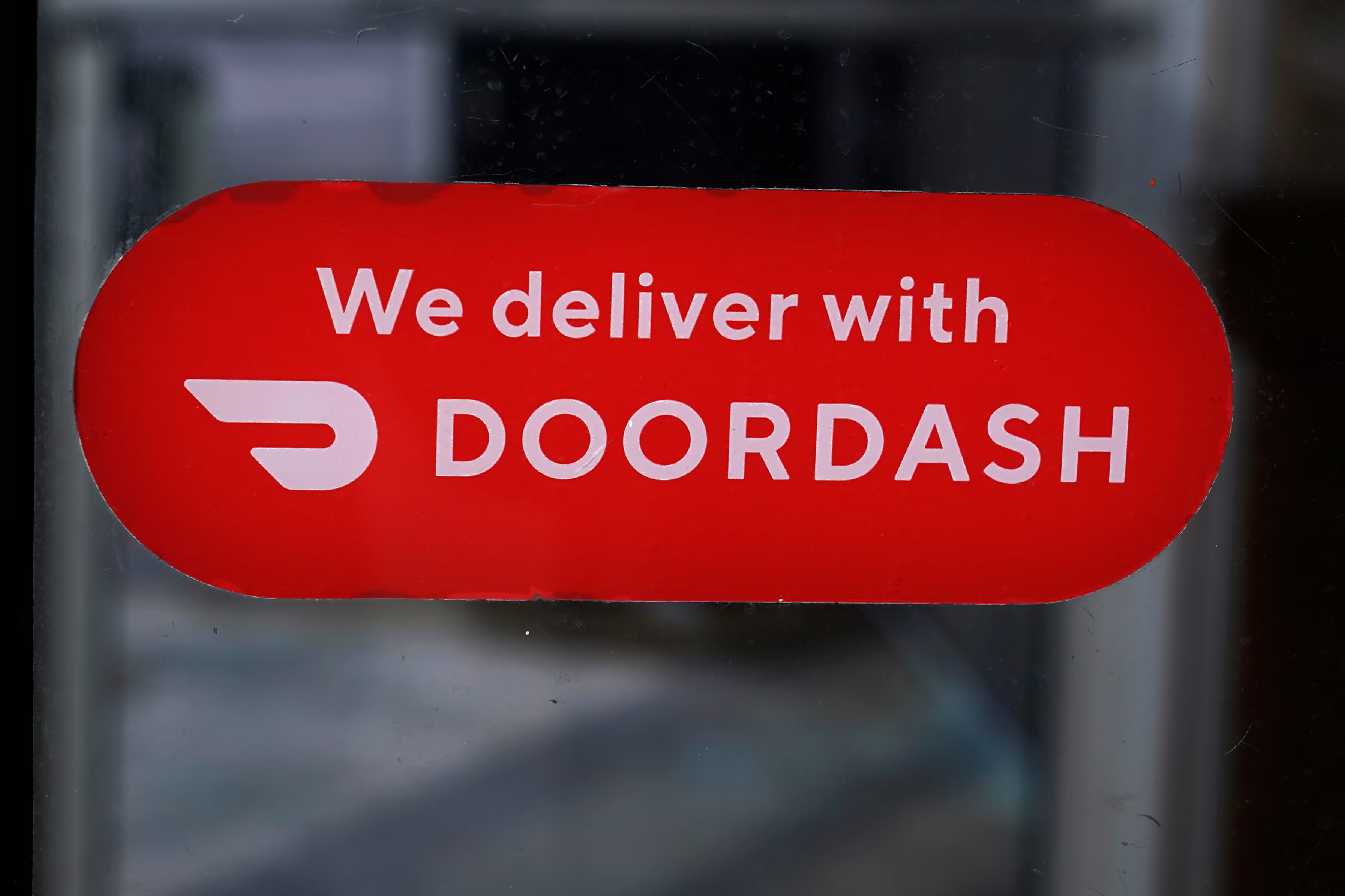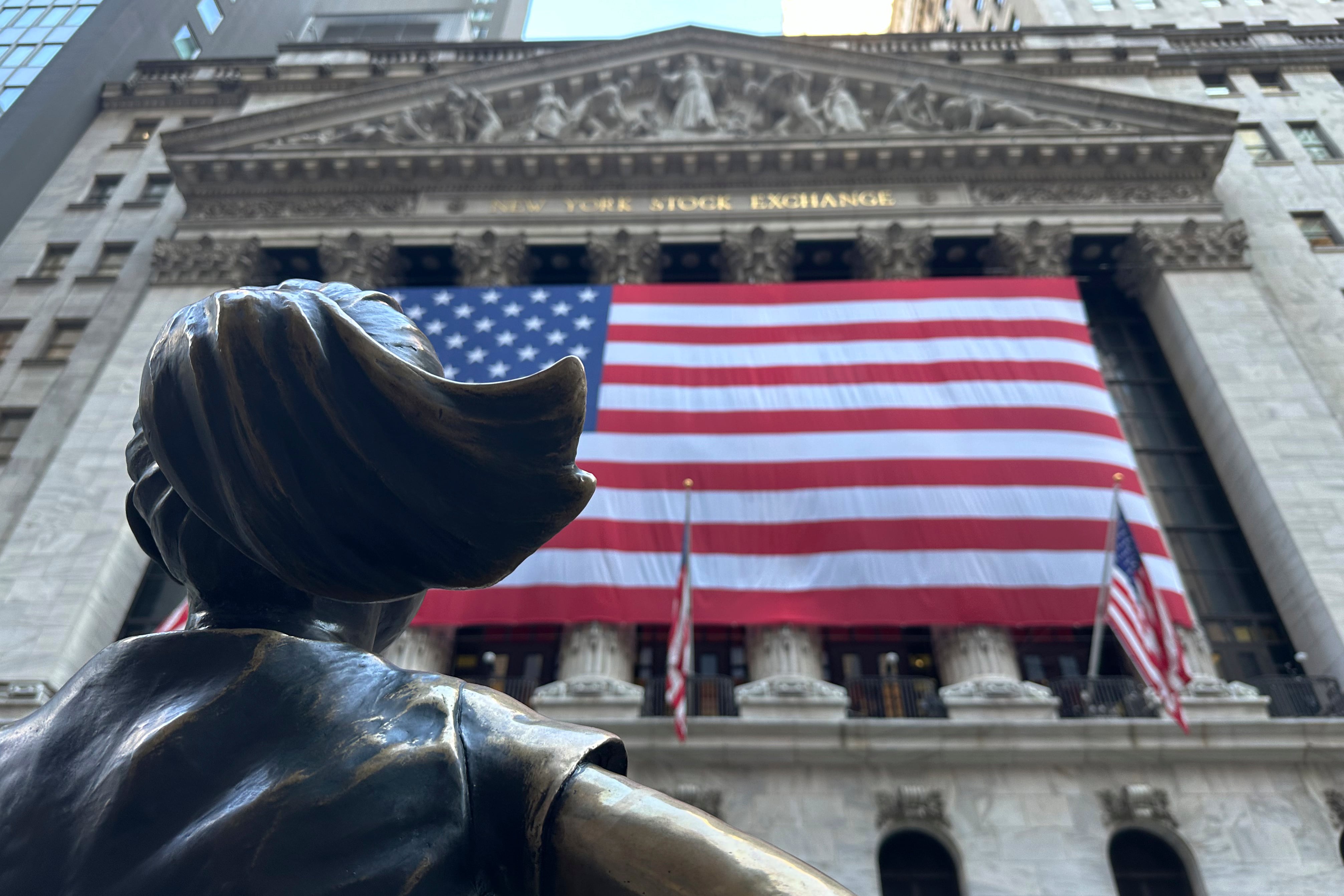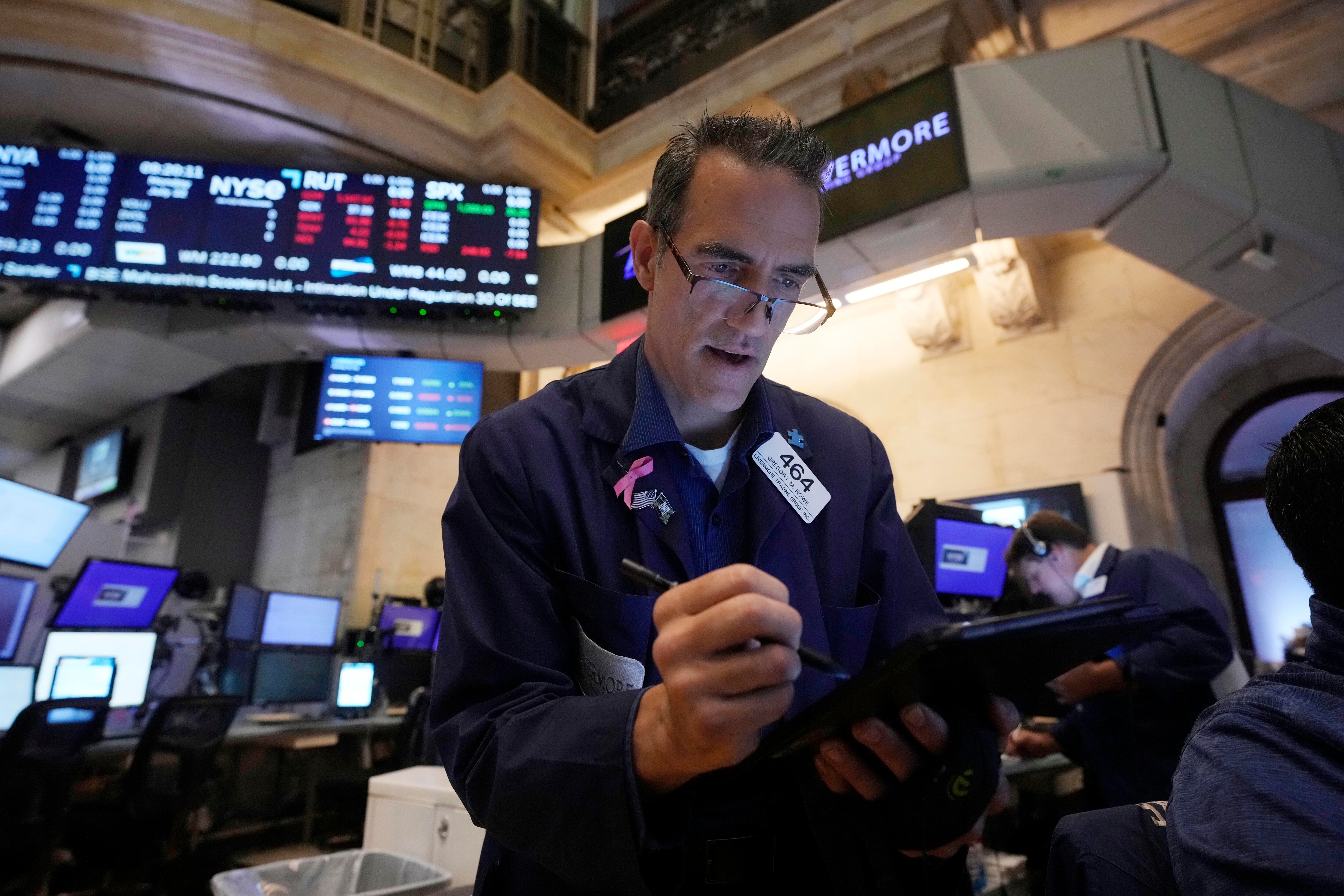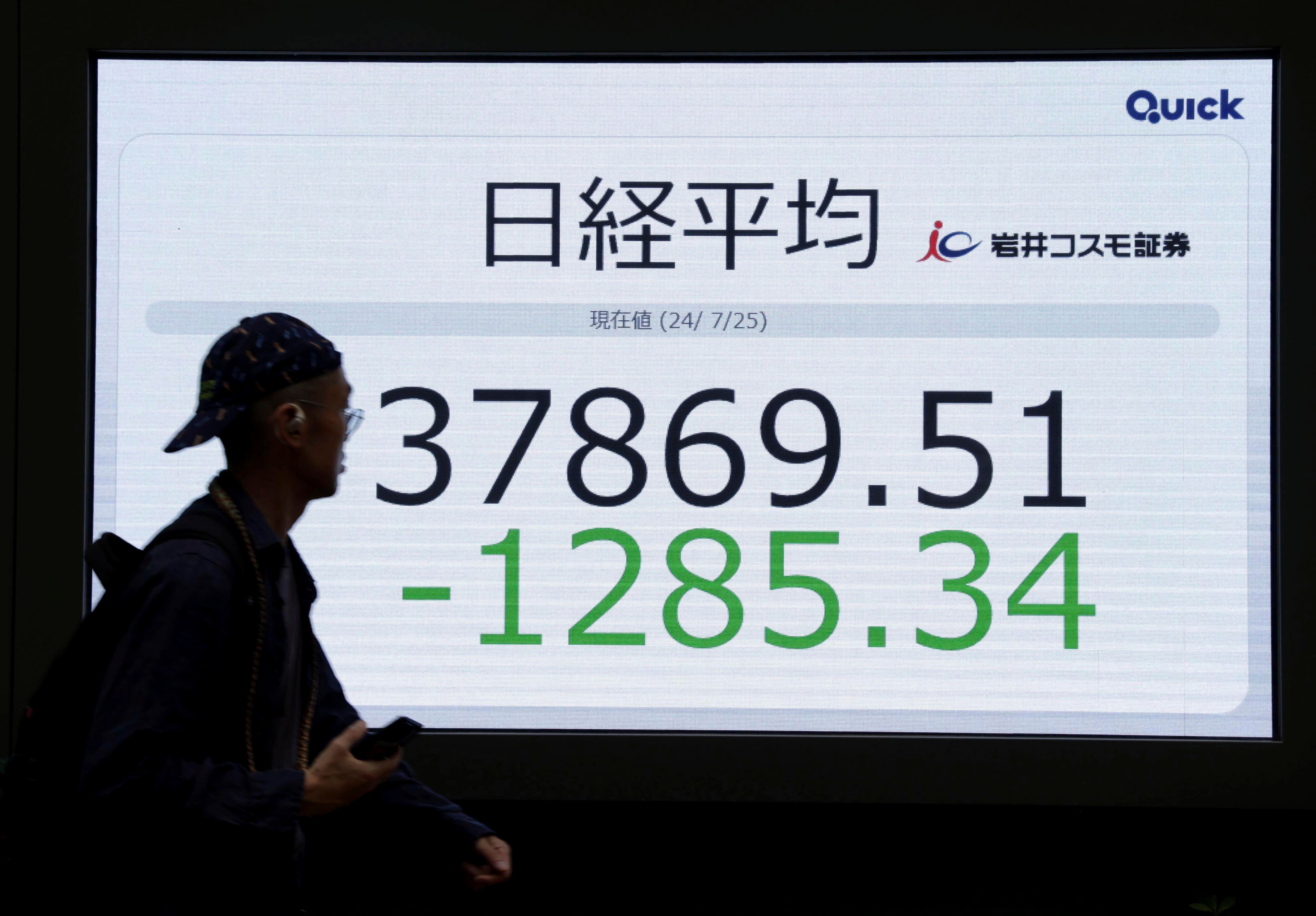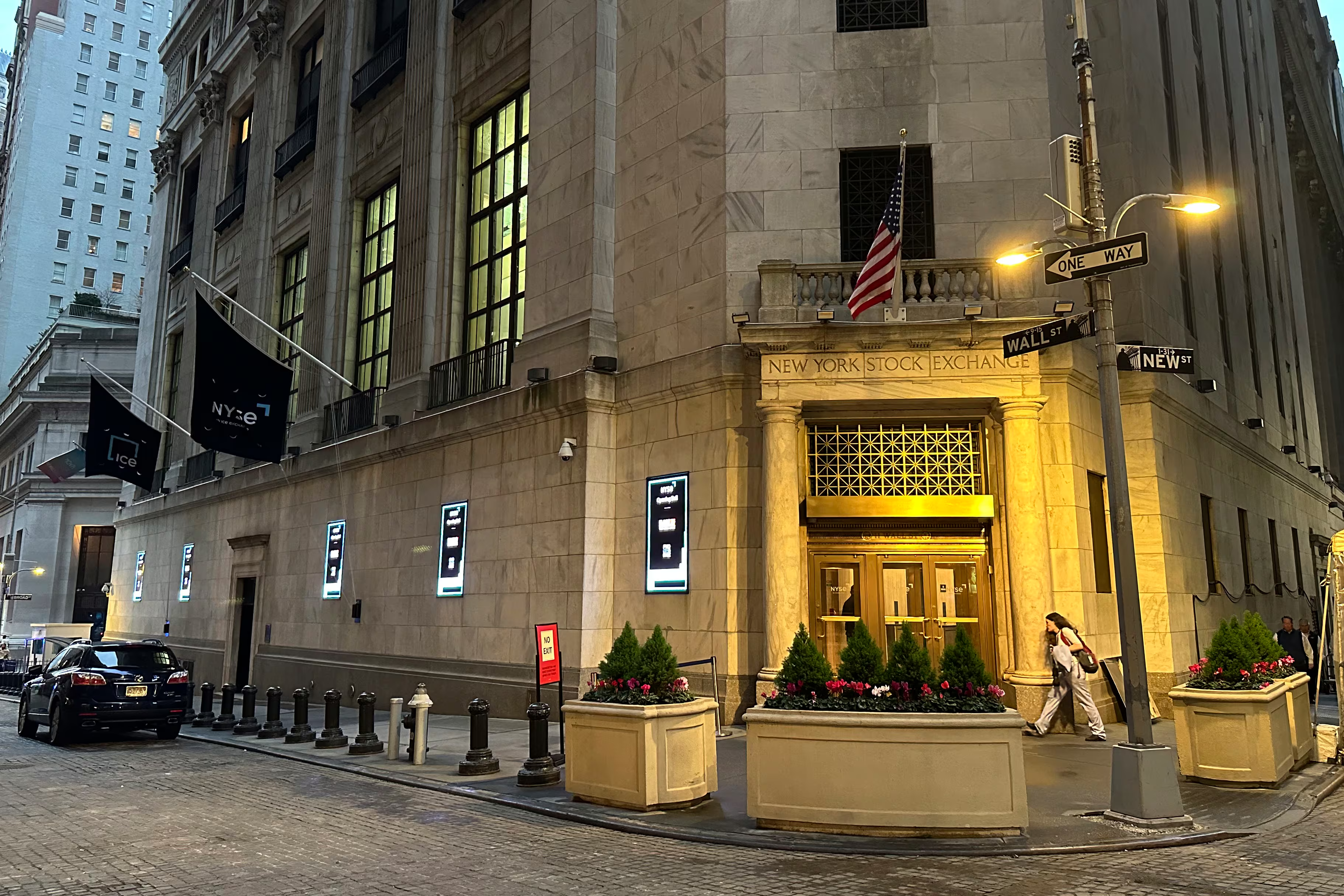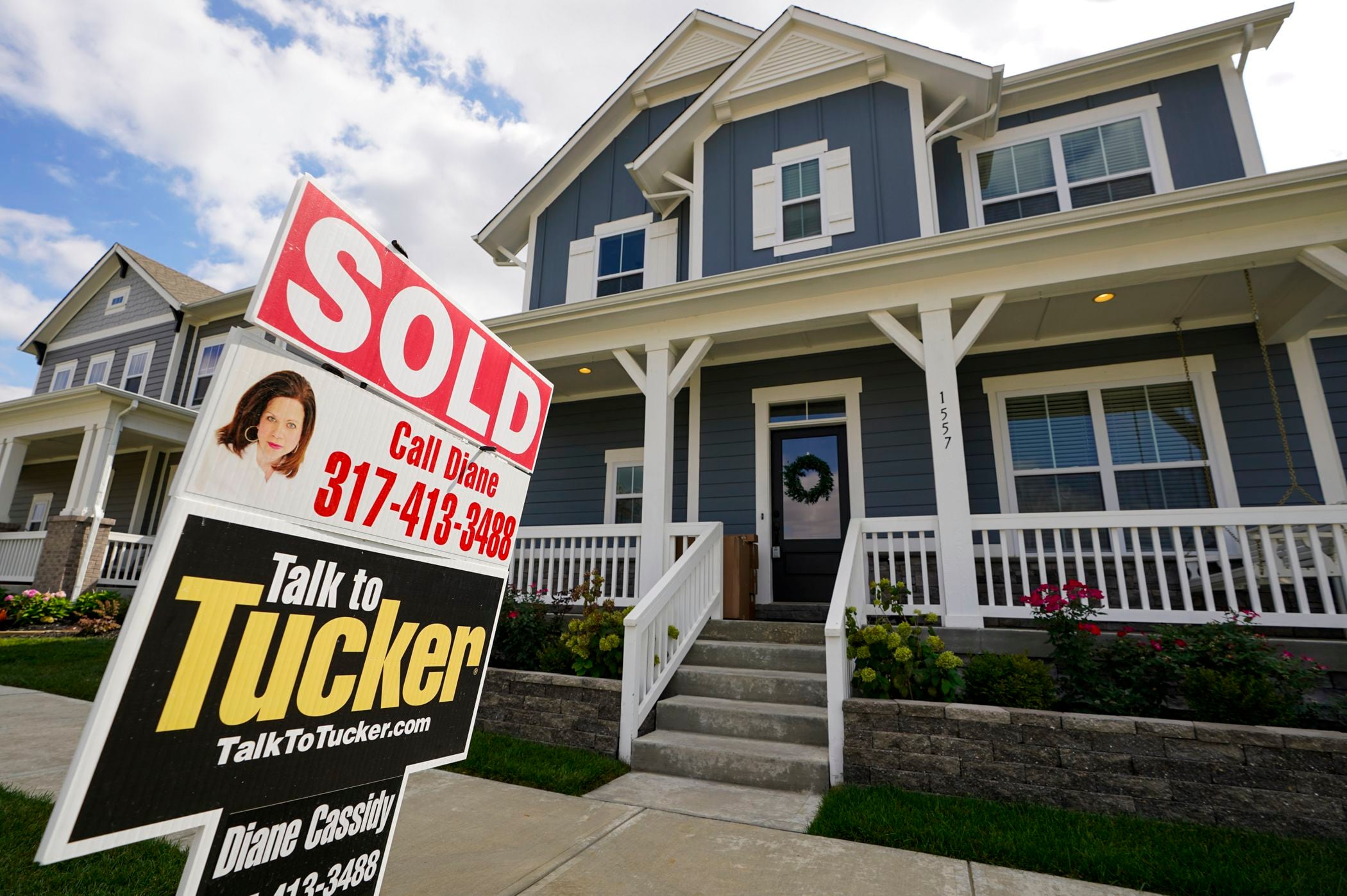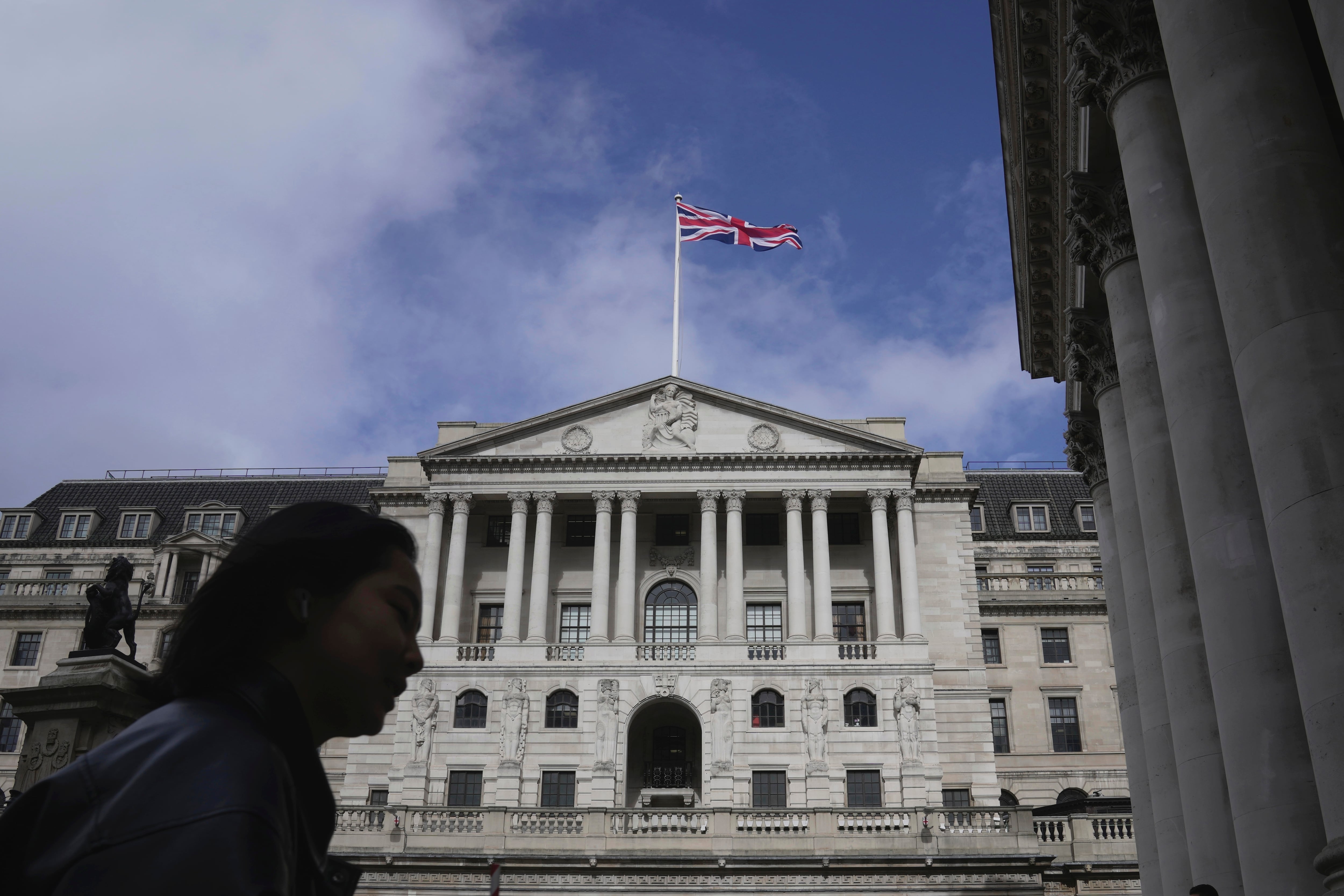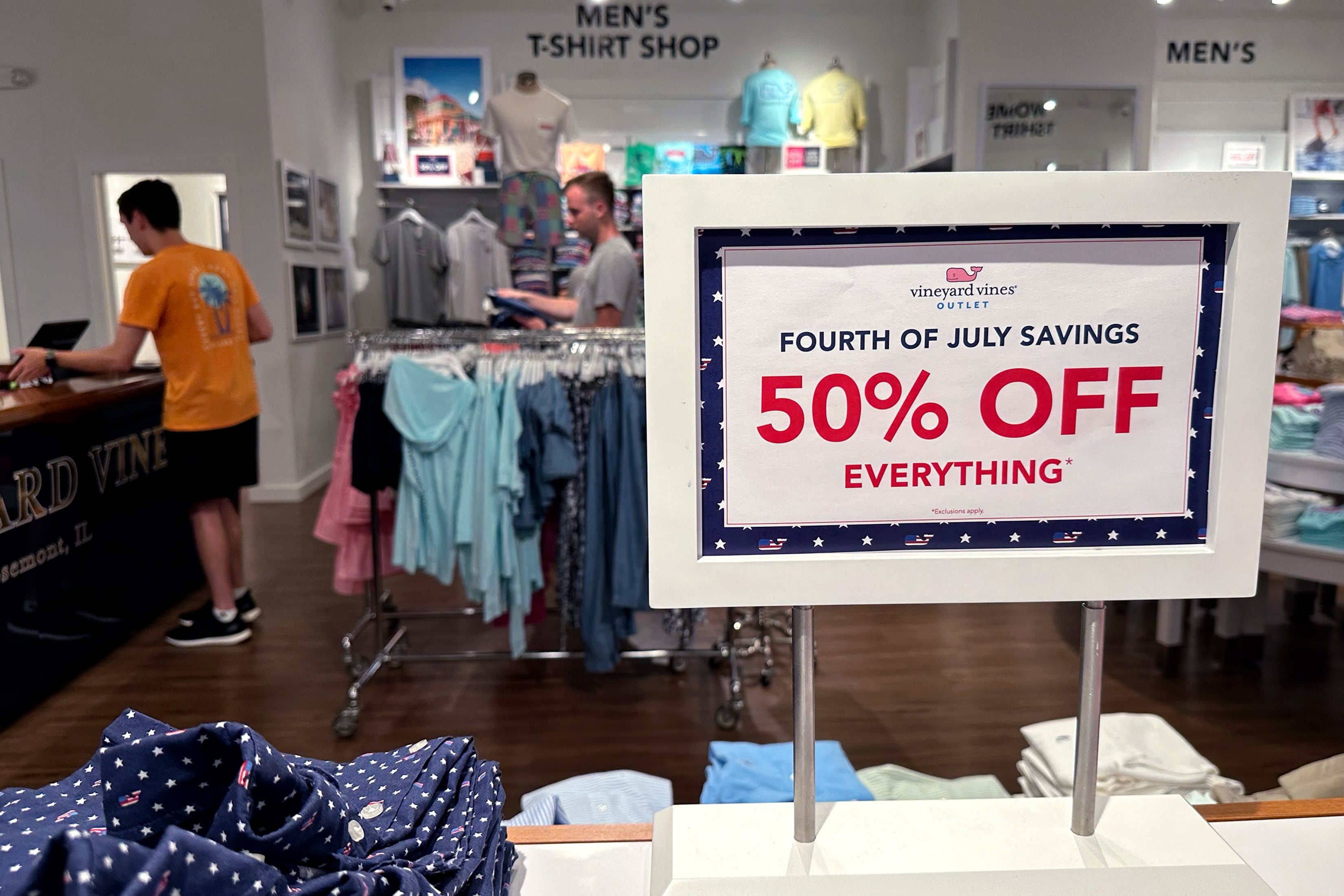WASHINGTON (AP) — Americans’ view of the U.S. economy improved this month, but Americans remain concerned about the impact of tariffs on their economic futures.
The Conference Board said Tuesday that its consumer confidence index rose two points to 97.2 in July, up from 95.2 the previous month.
The increase in confidence was in line with analysts’ forecasts.
In April, American consumers’ confidence in the economy sank to its lowest reading since May 2020, largely due to anxiety over the impact of President Donald Trump’s tariffs.
A measure of Americans’ short-term expectations for their income, business conditions and the job market rose 4.5 points to 74.4, however that’s still well below 80, the marker that can signal a recession ahead.
Consumers’ assessments of their current economic situation inched down by 1.5 points to 131.5.
DoorDash set quarterly records for total orders and revenue despite slowing U.S. restaurant traffic.
For more than a year, the U.S. stock market went in mostly one direction, up, and in mostly one manner, quietly. That's about to change.
U.S. stocks climbed Friday to close out a bumpy week dominated by sharp, market-cleaving swings.
Some of the smallest stocks on Wall Street have shown much more life recently. but professional investors still aren’t convinced.
The American economy, boosted by healthy consumer spending, regained some momentum this spring after having begun 2024 at a sluggish pace.
Global shares have dropped as pessimism set in over Wall Street's nose-dive related to Big Tech's pullback.
U.S. stocks are ticking higher and clawing back some of the losses from their worst week since April. The S&P 500 ticked up 1.0% on Monday.
The average rate on a 30-year mortgage dropped this week to a four-month low, a welcome decline in borrowing costs for prospective homebuyers.
Some economists attributed spending increases to Taylor Swift’s tour of the U.K. in a new inflation report.
Shoppers paused their spending in June from May, defying economic forecasts for a pullback and proving their resilience.

